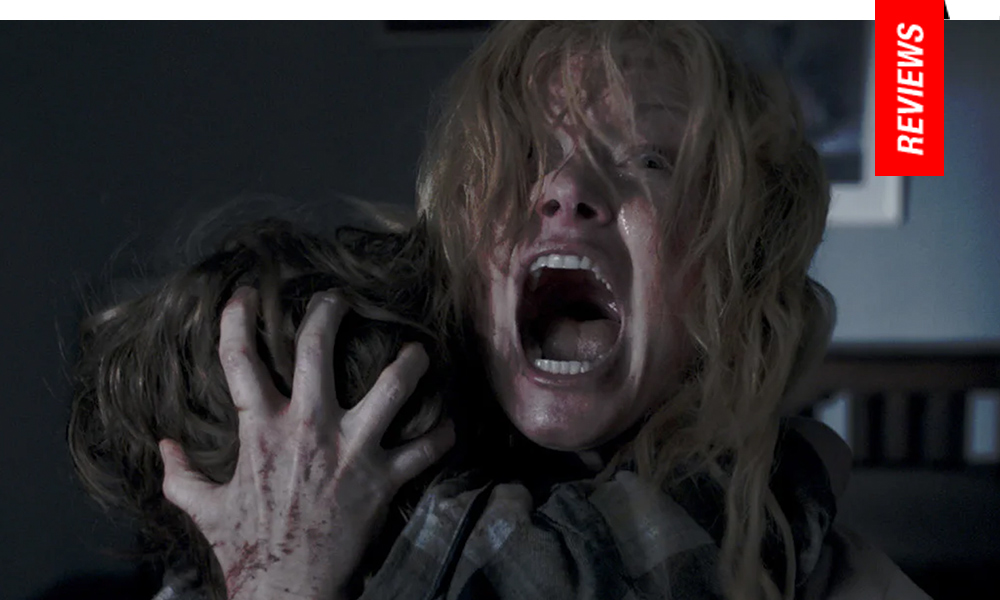Consequences of Grief: Kent’s Stunning Debut Wades Through Primordial Fears
Amelia (Essie Davis) is a frazzled single mother raising her six year old son Samuel (Noah Wiseman) without much of a support system. There’s her rather cold and unsympathetic sister Claire (Hayley McElhinny), and a flirtatious co-worker (Daniel Henshall) at the nursing home in which she works, but Amelia seems to keep them all at a distance, including her own son. It turns out that Amelia’s husband died in a car crash the night Samuel was born—he was rushing to drive her to the hospital. Though it appears that she cares for her child, this incident seems to have affected how Amelia interacts with him. Amidst their frayed relationship, a mysterious book appears in Samuel’s room called Mister Babadook. A terrifying 3-D pop-up book, Amelia is immediately unnerved by it, and soon after reading it, strange things start to happen around the house. Samuel is convinced it is the monster from the story, and if you ever let him in, you can never get rid of him.
Despite basically reconnoitering classic Boogeyman tropes for its creepy premise, the film is drenched in foreboding. Its powerful ambience is shaped by not only first rate editing and Radek Ladczuk’s shadow cinematography, both of which never belie the film’s modest budget, but an incredibly creepy sound design. Whether clicking at Amelia through the phone or screeching through the house, the Babadook is most unnerving because we see very little of him beyond the shadowy form, our imaginations running wild because of the eerie drawings, which rather resemble a terrifying Lon Chaney from Tod Browning’s lost 1927 film London After Midnight.
But The Babadook would be nothing without the two central performances. As the distraught Amelia, Essie Davis (from The Matrix sequels and The Girl with a Pearl Earring) is galvanizing and her name deserves a spot alongside other top tier women-in-terror films. As her son, newcomer Wiseman shares a believable chemistry with Davis, an offbeat screen presence that plays like Shelley Duvall as interpreted by a preadolescent boy. And note that Daniel Henshall, of Justin Kurzel’s unnerving Snowtown Murders, makes an appearance as a possible love interest.
Kent’s scenario is an impeccable exploration of grief, this family still dealing with unspoken issues infecting their daily lives. It’s this emotional component that gives the film a backbone to warrant multiple viewings, as it (narrowly) misses the same convenient vanquishing as the one present at the finale of The Conjuring (2013). Even so, its final, graceful moments are filled with a wisdom rarely seen in what we term horror, implying that those dark things can’t ever be obliterated, but they can certainly be managed.
★★★★/☆☆☆☆☆
